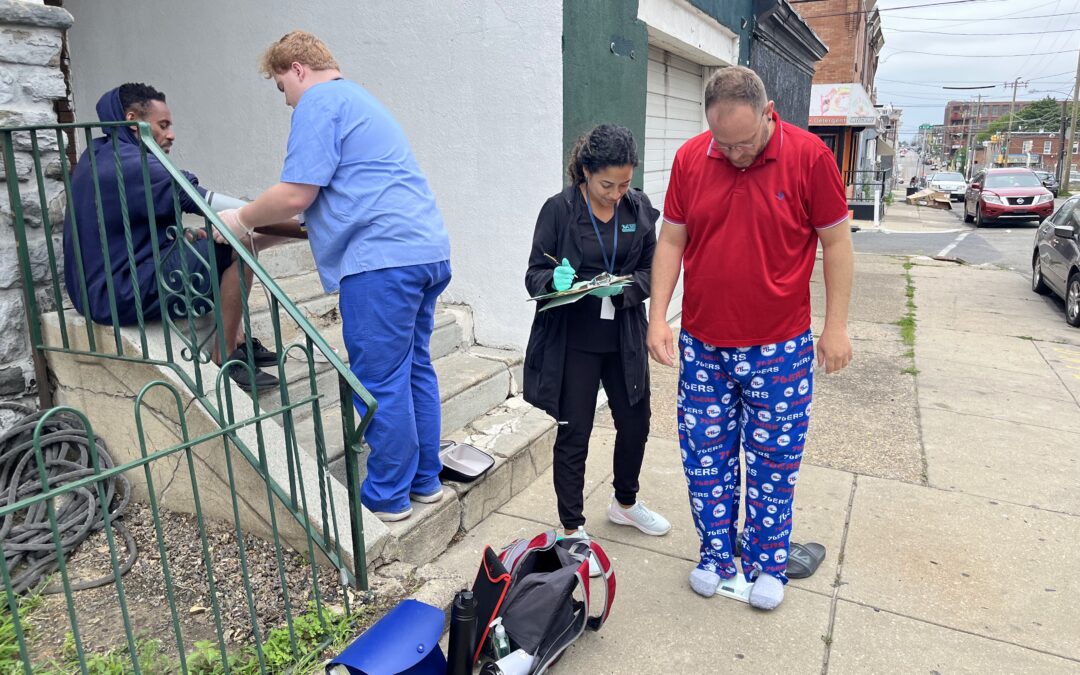by Caleb H.
In high school, I had the opportunity to evangelize to a lot of good people. People who were kind, compassionate, and made few mistakes. However, nearly none of them were receptive to the gospel. I was surprised by this since in my mind they seemed pretty good and lived somewhat righteously. One day as I was reading my daily devotions, I was struck by Luke 5:30-32:
“And the Pharisees and their scribes grumbled at his disciples, saying, “Why do you eat and drink with tax collectors and sinners?” And Jesus answered them, “Those who are well have no need of a physician, but those who are sick. I have not come to call the righteous but sinners to repentance.”
I was amazed by this concept and was reminded of who Jesus came to save. He came to save those who knew they were sinful and were desperate to be made new. He did not come to save those who thought they were already righteous and had no need for God.
Fast forward to SMI— the time in which I became cemented in my decision to become a physician. I had known that I wanted to be a doctor since I was little due to my medical experiences, my interest growing throughout high school and college. Throughout college, I shadowed phenomenal physicians and surgeons at CHOP, Jefferson, and UPenn and learned a lot about what it means to be a physician. However, I never had patient interactions where I fulfilled the role of a physician. I only had the opportunity to observe, not to significantly act and serve. When I heard about SMI, I thought that it would be a great clinical experience where I could obtain a substantial amount of clinical and volunteer hours. However, as I became integrated into the program I realized that it was so much more than that. The program enabled me to truly become involved in the surrounding community and with the body of believers in the local churches. Instead of shadowing physicians, SMI has enabled me to interact with the patients and see what it is like from the healthcare provider’s point of view. I learned how to effectively communicate with potential patients and personalize my bedside manner.
By working in Kensington I finally have been able to see Luke 5:30-32 in action. There is a lot of pain and sorrow in this community due to drugs and other issues. When I talk with people and they describe their life, I can see the suffering that they have gone through. Some people are truly desperate in this community, both for physical and spiritual relief. However, I have never seen a community so receptive to the gospel. Nearly every single person is receptive and at least willing to listen and talk about spiritual topics. Over the years I have gotten used to the rejection of Jesus; nearly none that I have evangelized to at college are even interested in spiritual topics. However, the people in Kensington have gone through a lot, and many look for a physician not only for their physical needs but their spiritual needs as well. SMI and Esperanza effectively treat both of these needs and it has been an honor to serve these people that have experienced so much.
SMI requires a lot of work, and it can be tiring, but the rewards and experiences heavily outweigh the costs. SMI has given me the opportunity to volunteer as a healthcare provider and screen and give recommendations to patients. I have been able to effectively evaluate my desire to become a physician and SMI has continued to affirm my aspirations. Through SMI I have made many friends both in the community and with the other students involved, and it has been an awesome experience. I would do it all over again in a heartbeat if given the opportunity.
